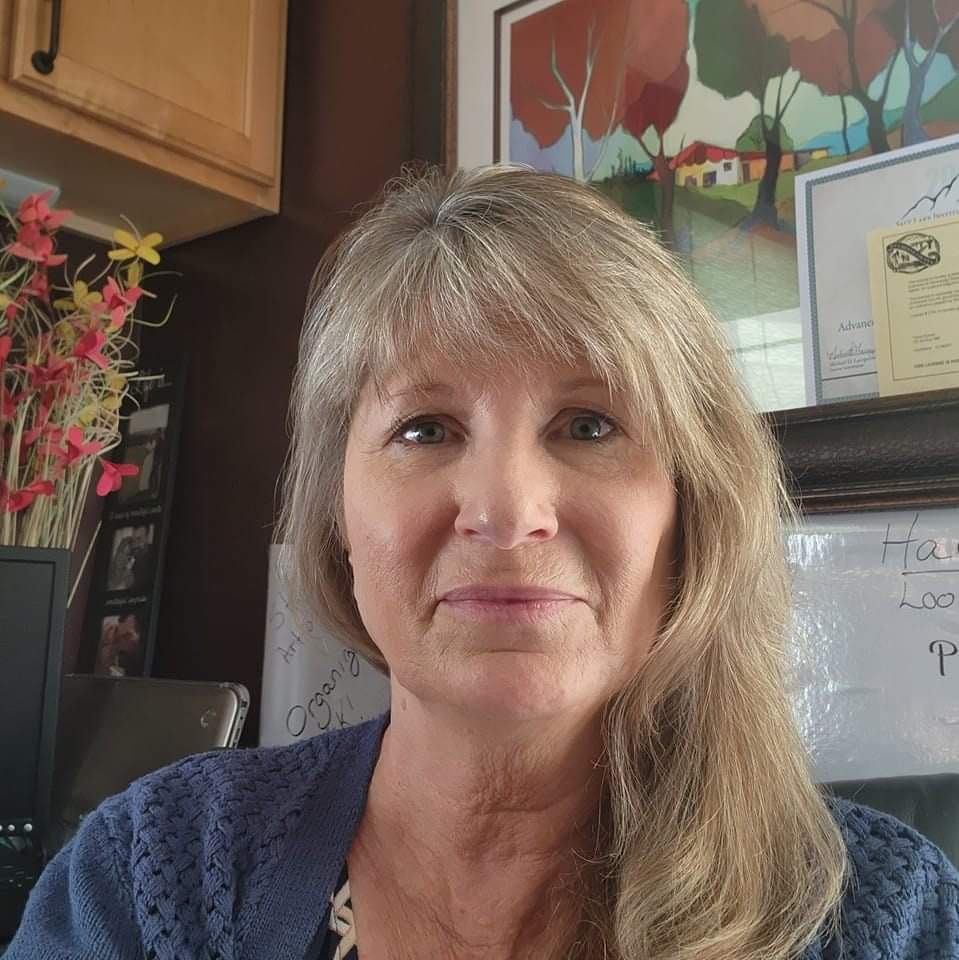
Honoring the Lives Lost to Silence and System
The “No More Stolen Sisters” movement reminds us this loss is not just historical—it is ongoing. Today, Indigenous women and girls are still disproportionately affected by violence, abduction, and murder, often with minimal media coverage or legal recourse. As the present echoes the past, it becomes clear: genealogy is not just about memory. It’s about justice.
The Hidden Women of the Records
Many of the archival documents we rely on—census rolls, church records, Indian agency correspondence—were created within colonial systems. As a result, women were frequently unnamed or identified only through their relationships to men.
Take the 1885 Census of the Cherokee Nation, for instance. You’ll often find women recorded only as “wife of,” their individual names omitted, their tribal roles unacknowledged. In one case I encountered, a woman listed simply as “John Rider’s wife” turned out—through oral testimony and land allotment records—to be a respected Cherokee midwife known to her community as Sali Tsa-la-gi, or “She Who Brings Life.” Her story was nearly erased by bureaucratic shorthand.
In the Catholic mission records of Sonora and northern Mexico, many Indigenous women were baptized and renamed—spiritual identities redefined, cultural ones obscured. These were often the only records to trace an ancestor’s existence, leaving researchers to reconstruct lives from fragments: a marriage notation here, a burial record there.
Genealogy as Resistance
Despite these barriers, families persist in the search. And that search—quiet and determined—is part of the same spirit that drives “No More Stolen Sisters.” To trace a woman’s lineage, to say her name again after generations of silence, is to insist that she mattered. She was here. She shaped the world around her.
When descendants ask me, “Why can’t I find my grandmother on the rolls?” or “Why does no one know what happened to her?” the answer is rarely simple. But the work of recovering her memory is no less sacred for its difficulty.
What We Can Do
- Support organizations like the Sovereign Bodies Institute and the National Indigenous Women’s Resource Center, which maintain databases and advocate for systemic change.
- Preserve family stories—especially those shared orally—before they are lost.
- Say their names when you learn them. Write them down. Share their histories, even if incomplete.
- If you’re a researcher, challenge yourself to see the gaps not as dead ends but as invitations: to ask more questions, to search less conventional sources, to listen more carefully.
Genealogy may not stop the violence. But it can restore dignity where it was taken. It can help loved ones find peace. And in some small way, it can ensure that no more sisters are lost—not to memory.
Awareness Resources:
Sovereign Bodies Institute (MMIWG2 Database & Research): https://www.sovereign-bodies.org
National Indigenous Women’s Resource Center: https://www.niwrc.org
Urban Indian Health Institute – MMIWG Reports: https://www.uihi.org/projects/mmiwg/
Native Women’s Wilderness – No More Stolen Sisters campaign: https://www.nativewomenswilderness.org/mmiw


